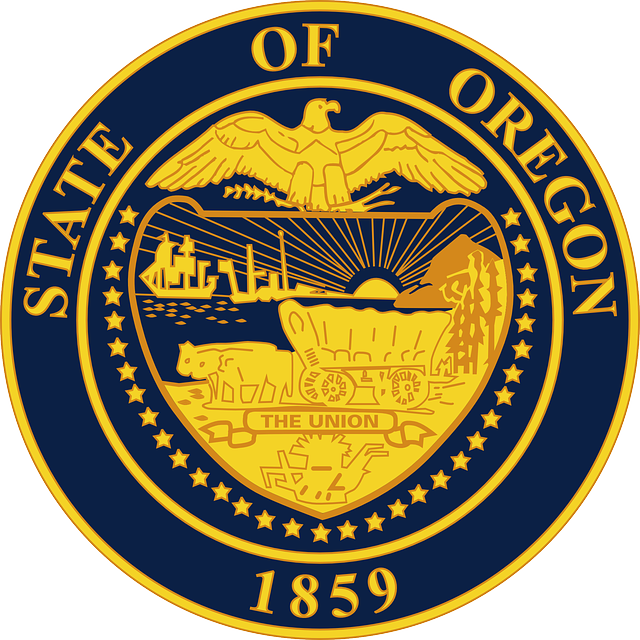In Oregon, strong legal protections for grandparental rights prioritize family bonds and the welfare of grandparents and grandchildren. Grandparents are defined as parents of a parent and have specific visitation and custody rights. Challenges include changing family structures, geographical barriers, and complex laws. Proactive measures like consulting legal professionals, documenting interactions, and engaging with support groups (like the Oregon Grandparents' Association or DHS) empower grandparents to safeguard their relationships and entitlements in a dynamic legal environment.
In Oregon, recognizing and safeguarding grandparental rights is essential for maintaining strong family connections. This article provides a comprehensive guide on strategies to protect these rights, offering insights into the legal framework and definitions that form the basis of these protections. We explore common challenges faced by grandparents, detailing potential risks and effective solutions. Additionally, we offer resources and support options tailored to Oregon’s system, empowering grandparents to navigate and preserve their cherished relationships.
- Understanding Grandparental Rights in Oregon: Legal Framework and Definitions
- Common Challenges Facing Grandparents: Identifying Potential Risks
- Effective Strategies to Safeguard Grandparental Relationships and Rights
- Resources and Support for Grandparents: Navigating the System in Oregon
Understanding Grandparental Rights in Oregon: Legal Framework and Definitions

In Oregon, grandparental rights are protected by a robust legal framework designed to preserve family connections and ensure the well-being of both grandparents and grandchildren. Understanding these rights is essential for families navigating custody and visitation matters. The state recognizes that grandparents play a unique role in a child’s life, providing love, support, and guidance. As such, Oregon law grants specific legal standing to grandparents, allowing them to seek court interventions when their relationships with their grandchildren are threatened.
Key definitions within the Oregon legal system include “grandparent” as any parent of a parent of a child, entitling them to certain visitation rights. These rights can be established through legal processes such as filing for custody or visitation, especially if there’s a change in circumstances that impacts the grandparent-grandchild relationship. Protecting grandparental rights involves proactive measures, like familiarizing oneself with state laws, seeking legal counsel, and taking necessary steps to ensure these connections are preserved legally.
Common Challenges Facing Grandparents: Identifying Potential Risks

Grandparents in Oregon often face unique challenges when it comes to preserving their rights and maintaining a strong bond with their grandchildren. Identifying potential risks is a crucial first step. Common issues include changing family dynamics, where parents’ priorities might shift, leading to limited time for grandparents. Additionally, distance can be a hurdle, especially for those living outside the state or in rural areas, making it harder to stay involved in grandparental roles.
Another challenge arises from legal complexities. Oregon has specific laws regarding visitation, custody, and parental rights, which can be intricate. Grandparents might find themselves navigating these legal waters to ensure their rights are protected, especially if there are conflicts with the child’s parents or other family members. Understanding these challenges is essential for grandparents seeking to safeguard their relationships and legal entitlements in Oregon.
Effective Strategies to Safeguard Grandparental Relationships and Rights

In Oregon, safeguarding grandparental relationships and rights involves a multi-faceted approach. One effective strategy is to establish clear and open communication channels between grandparents, parents, and other family members. Regular visits, phone calls, and meaningful interactions can strengthen these bonds and provide a solid legal foundation for grandparental rights. Additionally, documenting these interactions through photos, videos, and written records can be invaluable in court proceedings related to custody or visitation.
Another crucial step is to familiarize oneself with Oregon’s laws regarding grandparental rights. The state has specific statutes that outline the conditions under which grandparents can seek legal custody or visitation. Understanding these laws empowers grandparents to take proactive measures, such as attending family court hearings, consulting with a family law attorney, and staying informed about any changes in legislation related to protecting grandparental rights in Oregon.
Resources and Support for Grandparents: Navigating the System in Oregon

In Oregon, grandparents seeking to protect their rights often find themselves navigating a complex legal landscape. Fortunately, there are numerous resources and support systems available to guide them through this process. Organizations like the Oregon Grandparents’ Association offer valuable information, legal advice, and community support tailored to grandparent’s needs. These groups host workshops, provide legal referrals, and connect grandparents with other families facing similar challenges, fostering a sense of unity and shared understanding.
The state’s Department of Human Services (DHS) plays a crucial role in supporting grandparental rights by offering various programs and services. These include financial assistance, legal aid, and respite care, all designed to alleviate the burdens faced by grandparents raising their grandchildren. Understanding these resources is essential for grandparents seeking to protect their rights and secure a stable future for their loved ones.






